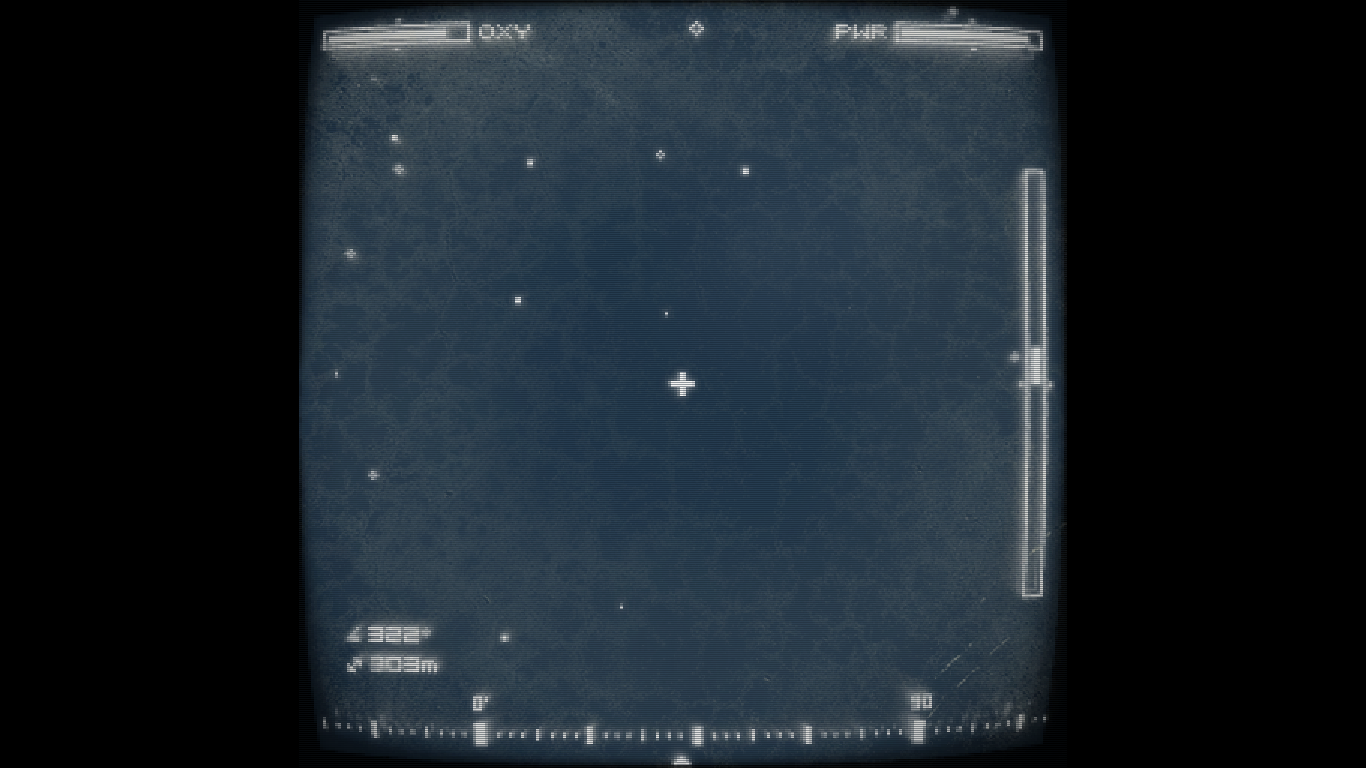Dishonored 2 Pro-tips
Way back in October of 2012, I posted some tips on playing the original Dishonored. So many things have happened in the intervening 4 years that it seems like a lifetime, living in France and working with Arkane Studios. I’ve been at Arkane for 8 years now – it’s been a meaningful chapter in my life.
In support of Dishonored 2, here’s an update, with quick points that will enhance your experience:
* Play stealthy or full assault-style, or mix up sneaking and combat. The game supports all these approaches because our team – especially our game designers and gameplay programmers – were tirelessly committed to this core tenet.
* Always look around for alternate pathways: Side alleys, back doors, unlocked windows, overhead balconies, rooftops, tunnels (for rats), or water-ducts (for fish).
* In sword combat, don’t forget to BLOCK! (And counter-attack while an enemy is off-balance.) Play through our little Tutorial, which also sets up the fiction a bit.
* Note that for almost all the combat moves, we’ve added nonlethal versions. (Combat choke, drop attack, slide takedown, et al.) You can play the entire game without killing.
* Change difficulty whenever you want. If you’re an advanced player or really into stealth, play on Hard.
* Try playing the game with stealth. Sneaking, playing nonlethally, or even ghosting the missions adds even more tension and drama to situations.
* Our stealth model is mostly based on enemy view cones and occlusion. Darkness only matters at a distance, making you more hidden. Up close, enemy facing and field of view matters most. (Stay behind them or behind something that blocks their line of sight.)
* Don’t forget to lean! If your body is behind something like a wall, you can lean out to peek ahead.
* Peep through keyholes before opening doors.
* Look up! Go vertical when you can, along ledges, rooftops, pipes, etc. You can often sneak past an encounter that way or find an alternate entry or path.
* Unless you’re trying to get a Ghost Achievement for never being detected, resist the temptation to immediately load a save if you get busted while playing stealth. Play it out and see what happens.
* Distract enemies with sound by throwing a bottle or setting an alarm clock.
* Eavesdrop on unaware enemies to absorb more information related to the world and the events unfolding around you. Sometimes eavesdropping updates your objectives. (Similarly, listen to street speaker announcements and read posted signs.)
* Often characters have followup lines if you hang out and listen to them (or click on them further). You’ll absorb more about the world this way.
* Notes and lore books also add a lot of background info on the world and events.
* Use the Heart to locate Runes and Bonecharms. But it will also speak, giving you more details about the history of a location, or about characters in the world.
* Don’t forget to assign your bone charms. Review them periodically. And this time, you can create your own via Bonecharm Crafting.
* If you’ve played the game once or twice, and you really want a new experience, play the game without supernatural powers. (Say “no” to the Outsider.)
* You can turn off the HUD UI, including goal markers. If you’re a minimalist, experiment with that.
* Set your brightness so the blacks are really black. The game looks better. (Check out the calibration options screen.)
* Quicksave is your friend.
* This is key: If you like the experience, consider replaying with different character, powers, and a different approach. During a second play-through you will know more about the world and discover new areas. Seriously, a second playthrough really contextualizes your understanding of the game. Highly recommended.
Special thanks to my dear friend Raphael Colantonio and everyone at Arkane (in my heart forever), along with all the talented people in the Zenimax group who’ve supported us along the way.
We appreciate all the support from players and our community (!), and like last time we’re looking forward to hearing the stories and seeing the media created by everyone ranging from methodical explorers and stealth players to crazy speed-runners using their supernatural powers to blaze through second or third play-throughs. Take care and have fun.


